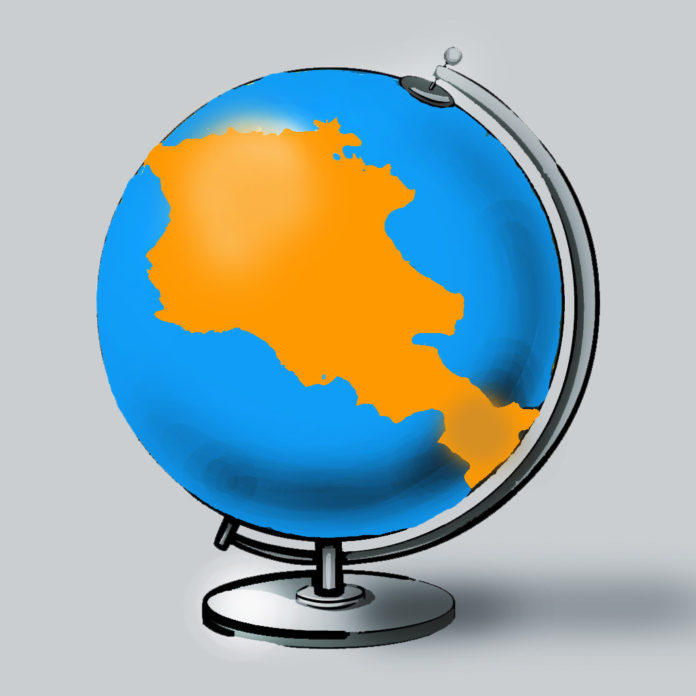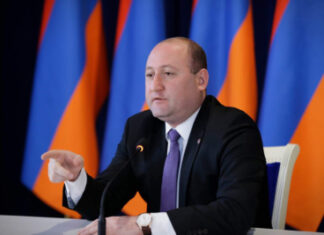For centuries, when Armenians were exiled from their native land, the perception was that life in the diaspora was the destiny of the Armenian people or at best one similar to the plight of the Jews. But the two world wars and the technological advances which ensued made mass mobility a way of life. Different groups which had been forced to abandon their native lands formed their own diasporas and faced different challenges for their survival.
The fall of the Soviet Union triggered new waves of migrants who moved to the West to add a new layer of diasporan life. But the migrants who had left Armenia for Russia, Ukraine or Central Asia experienced a new derivative of their former lifestyle, because they did not face the challenges of linguistic and cultural barriers that their predecessors had.
Early Armenian settlers in the Middle East or Western countries had suffered tremendously because the life of exile was traumatic for them. Additionally, they had come to their new environment with the baggage of genocide and deportation and they took relocation as a punishment born of the injustice of being uprooted from their ancestral habitat. For the new migrants, the new lands represent new frontiers, new opportunities and the expectation of improved living conditions compared to their original homes.
In the case of the Armenians — unlike Syrians, Iraqis and Libyans — the migration in most cases is on voluntary basis. In other words, there is a tremendous degree of choice compared to their forefathers.
Now that the majority of the Armenians live outside of their homeland, they still relate to that homeland and the majority among them believes their identity is defined by that homeland. Armenia has a vision of the diaspora and vice versa. It is not easy to define where those visions meet or coincide. Therefore, we are in constant quest: what is the diaspora mission and vision? Who represents the diaspora? That latter question particularly is asked when the issue of compensation from Turkey or settlement with that country are raised. Also, the same question is raised when the opportunity arises to speak with the Armenian government.
In recent years, many pundits, scholars and scientists have been writing and discussing the above issues. At times, the subject is the diaspora, but more often it is the global Armenians. Many sensible ideas and theories are being formed and sometimes initiatives are even taken to get organized. The last case had been adopted by a bona fide benefactor, Vahe Karapetian, in California, who has already drafted bylaws for a would-be diasporan organization called “Pan-Armenian Unity.”










